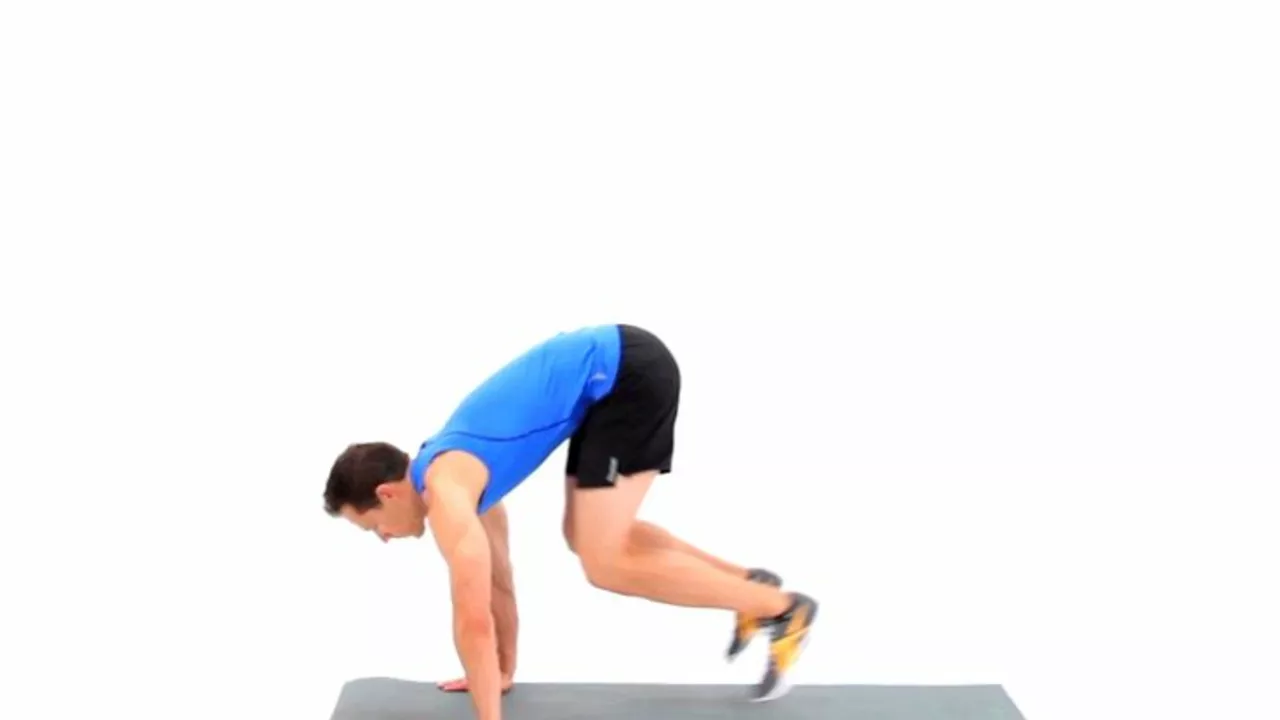Understanding the Importance of Beginner Workouts
As a blogger, I would be remiss if I didn't emphasize how integral the first steps of a workout journey are. Darius here, and today I'd like to share my insights on the subject, specifically regarding beginner workout routines. When you're first starting, the world of fitness can seem intimidating, full of complicated exercises and complex equipment. But it's worth remembering that even the fittest individuals among us began with simple routines. And trust me, the journey towards achieving your fitness goals can be as rewarding as the goals themselves.
A carefully selected beginner workout routine can be a game-changer in acclimatizing your body to the concept of regular exercise. It's like being introduced to a whole new world, and a whole new you. It's crucial to remember that the primary aim at this stage is not to lift the heaviest weights or push yourself to the brink of exhaustion but to understand the basics of fitness and condition your body for what lies ahead.
The Power of Cardio
Anyone familiar with the world of fitness knows the value of cardio exercises. No, they're not just a punishment for indulging in that extra slice of pizza. Cardio exercises are crucial in improving heart health, increasing lung capacity, and burning calories. They are a quintessential part of any beginner workout routine. Even during my early days in the fitness world, I found that exercises like running, cycling, and jumping jacks were instrumental in keeping me fit and, most importantly, interested!
Once beginners can manage 20-30 minutes of steady-state cardio like walking or easy cycling, they can consider introducing more high-intensity exercises like swimming or hill intervals. All steps should be taken with caution, however, as pushing beyond your limits early on can lead to injuries or burnout.
Strength Training 101
Think about strength training as the bread and butter of your workout routine. It's critical to include it, but you don't want it to completely overpower the meal. When I first got into fitness, I made the mistake of going too heavy too soon, and let's just say learning to walk properly again wasn't fun!
Begin with bodyweight exercises like squats, push-ups, and lunges and gradually shift towards using light weights. Remember, consistency is key here. Doing a little regularly is much better than doing a lot sporadically. Also, to protect your muscles from injuries, always remember to warm up before and cool down after every workout. The aim here is to better your form, build endurance, and focus on muscle groups that you want to develop.
Flexibility: A Forgotten Essential
Flexibility training often falls by the wayside, but it should be a non-negotiable component of any comprehensive fitness plan. Incorporating this in your routine will facilitate an improved range of motion and better posture.
For beginners, the basic types of flexibility exercises involve static stretching, where you stretch a muscle to its furthest point and then hold that position, and dynamic stretching which involves shifting a joint through its full range of motion. And guess what? I have a funny story about that. Once during a yoga session, I attempted an ambitious stretch and ended up staying in that twisted pose a little longer than I should have - picture a pretzel and you wouldn't be far off. Yes, it was hilarious, but it also proved that starting slow is key, even with flexibility exercises!
Nutrition: The Workout's Silent Partner
Remember, you can't out-exercise a bad diet. Eating healthy complements your workout routine by providing the necessary fuel for your activities and recovery. Your diet should be balanced, with a good mix of proteins, carbohydrates, and fats. It's always a good idea to consume a meal or snack containing protein and carbs before and after your workout to ensure ample energy and muscle recovery.
Do you remember when mom said, "eat your vegetables?" It turns out she was right! Consuming a variety of fruits and vegetables is key to obtaining a wide range of micronutrients required by your body for optimum function.
Setting Up a Consistent Workout Routine
For any fitness plan to be successful, especially a beginner's workout routine, consistency is key. Define your why - the reason you want to start working out - and keep that at the forefront of your mind. Remember, everyone starts somewhere and it's okay to take it slow and steady. Your body and your health are not a sprint, but a marathon.
I remember when I started to exercise regularly. I was not very consistent at first but after a month or so, I stopped making excuses and started making progress. And that's what truly matters in the end, right? Getting started, however small the steps may be, is half the battle won. It's the consistency and dedication to keep going that will ultimately get you to your fitness goals.
Recap: Starting with simple, low-impact exercises and gradually progressing to more challenging routines keeps beginners motivated and injury-free. Remember to incorporate strength training, cardio, and flexibility exercises into your routine while combining that with a balanced diet for optimum results. And above all, remember to listen to your body and pace yourself. Remember, the journey is just as important as the destination.

